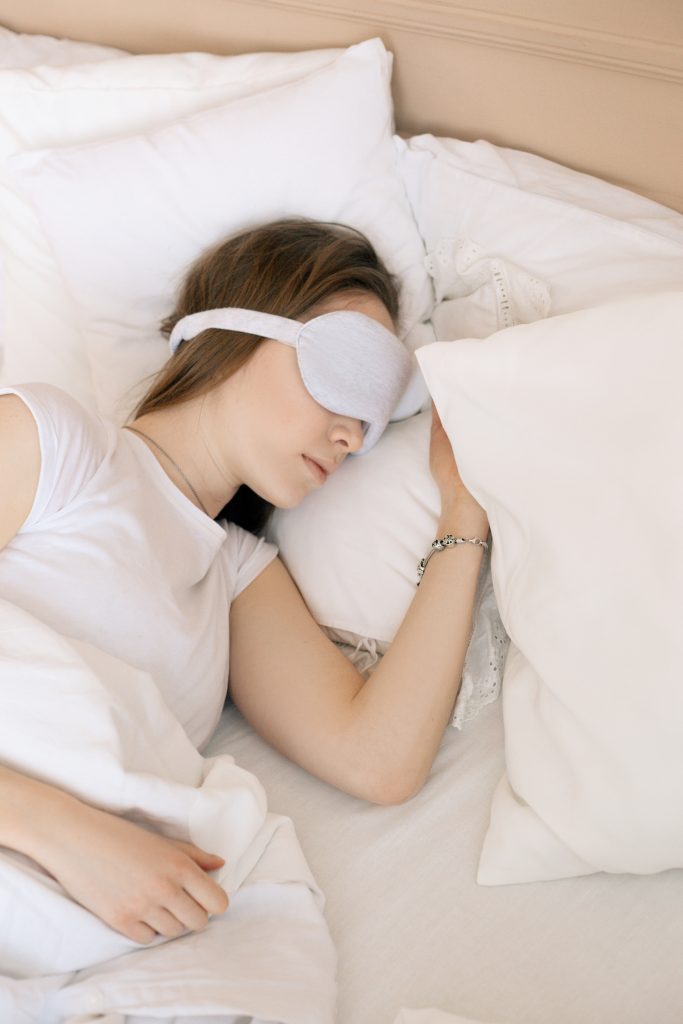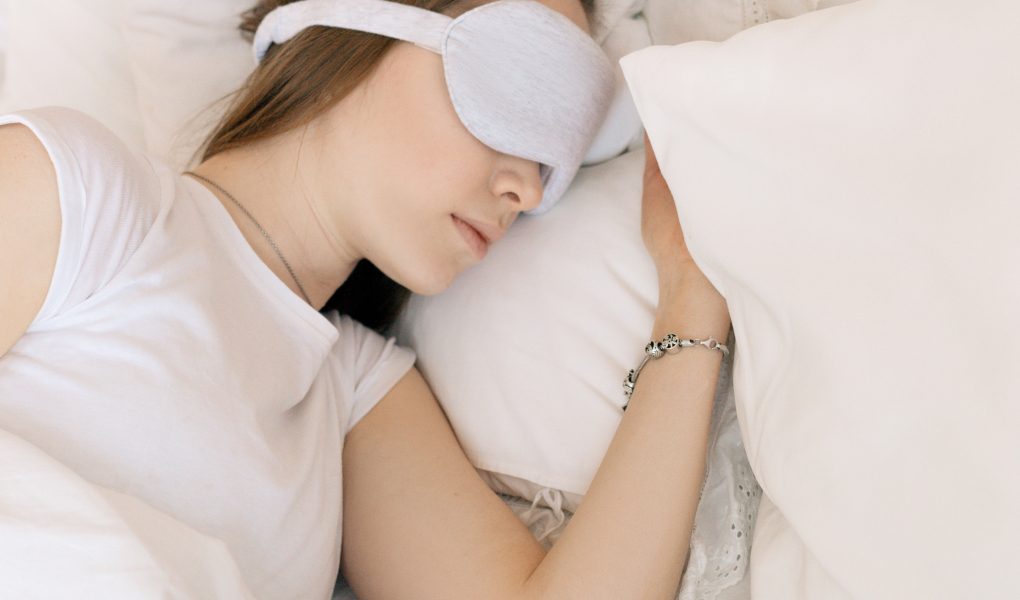
The pervasive use of electronic devices has led to increased exposure to blue light, which can have detrimental effects on our sleep. Blue light is emitted by devices such as smartphones, tablets, and computers, and it suppresses the production of melatonin, a hormone that regulates sleep-wake cycles. Exposure to blue light in the evening delays the onset of sleep and disrupts our circadian rhythm. To reduce exposure to blue light, there are several strategies you can implement. First, limit screen time before bed, ideally avoiding electronic devices at least one hour before sleep. If you must use devices in the evening, consider using blue light filters or installing software that adjusts the color temperature of your screen to warmer tones. Additionally, using blue light-blocking glasses can help reduce exposure and promote better sleep. Creating an environment conducive to sleep, such as keeping your bedroom dark, can also minimize the impact of blue light on your sleep. By taking these steps to reduce exposure to blue light, you can improve your sleep quality and overall well-being.



